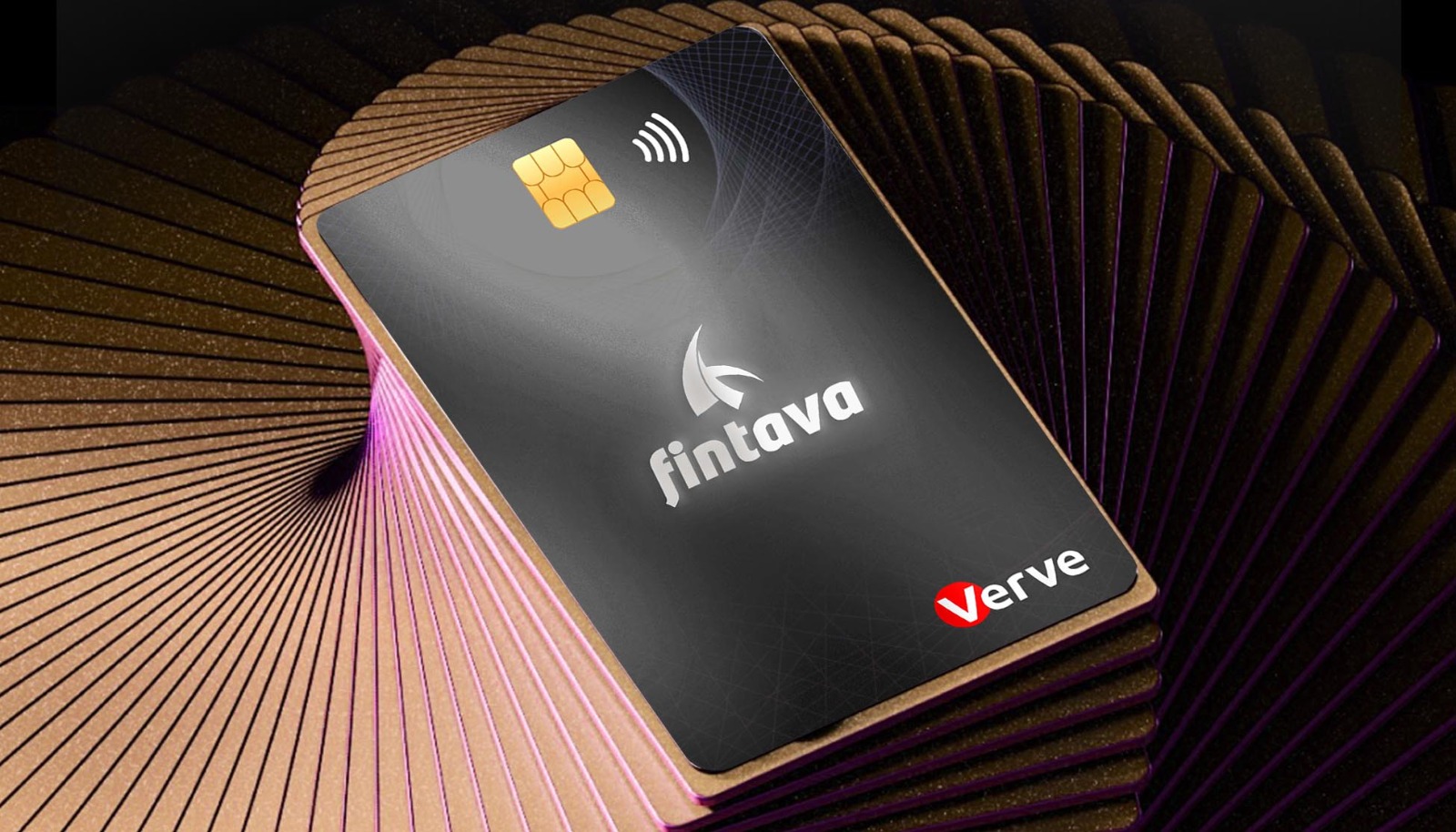I’ve been in Nigeria’s fintech ecosystem for about 10 years, and there’s been significant development in the space, especially in digital payments.
However, there’s still a gap — underutilisation of gift cards
I noticed this gap when I started Fintava, a banking-as-a-service startup with my co-founders.
Gift cards are an incredibly versatile financial tool that remains untapped for large transactions and innovative commerce.
They have long been an effective medium for gifting, promoting brand loyalty, and facilitating digital transactions globally. However, in Nigeria, their potential extends far beyond these traditional uses.
Unfortunately, despite the growing adoption of digital payments, Nigerians have yet to fully leverage gift cards to unlock greater financial opportunities, scale businesses, and facilitate large-scale transactions.
From Costco to Walmart, I’ve seen how some of the largest businesses in the world have leveraged gift cards to boost sales and encourage customer loyalty.
The untapped market for large transactions
Nigeria has a bustling consumer market with a growing appetite for online and offline purchases. Yet, gift cards are often relegated to being a casual gifting option, ignoring their potential to facilitate cross-border transactions.
The usecase for cross-border transactions can be truly revolutionary. Imagine a situation where I need to send ₦20,000 to someone in Kenya, I could just send them a gift card which they can redeem into their bank account.
Across developed markets, gift cards are used to:
• Streamline corporate spending: Businesses issue gift cards to employees or clients for controlled expenditure.
• Facilitate cross-border commerce: Gift cards enable seamless payments in foreign currencies for global trade.
• Drive high-volume retail sales: Companies use gift cards as a bridge to expand into new markets.
In Nigeria, however, these possibilities remain largely unexplored. Many individuals and businesses are unaware that gift cards could simplify larger transactions, reduce friction in payment processes, and even serve as an alternative payment method in environments where traditional banking systems are limited.
There’s already a gift card market in Africa
While gift cards are not typically a “thing” in Africa, there’s a market for it with a significant growth trajectory.
In the Middle East and Africa region, the industry is expected to expand from $11.2 billion in 2023 to $17.6 billion by 2028, reflecting a compound annual growth rate (CAGR) of 9.1% during this period.
This growth trajectory highlights the immense potential gift cards hold for the African market, yet Nigeria’s adoption remains limited. By tapping into this rapidly expanding market, Nigerian businesses and individuals could unlock new revenue streams, enhance cross-border commerce, and drive financial inclusion.
Why gift cards are underutilised in Nigeria
1. Lack of Awareness
Many Nigerians view gift cards as tools for small transactions, often limited to e-commerce platforms like Amazon or gaming. Their broader utility in business operations, loyalty programs, or cross-border payments is not widely recognised.
2. Limited access to gift card Infrastructure
Unlike in developed markets where gift card systems are integrated into point-of-sale systems, loyalty programs, and payment gateways, Nigeria’s infrastructure for supporting the widespread issuance and redemption of gift cards is still in its infancy.
3. Concerns about trust and transparency
Some Nigerians are hesitant to adopt gift cards due to concerns about fraud, counterfeit cards, or limited redemption options. Building trust in this space is essential for adoption to grow.
The potential of gift cards
If properly utilised, gift cards could revolutionise commerce and payments in Nigeria
For one, gift cards can serve as a tool for businesses to incentivise customers and increase brand loyalty.
Imagine a customer earning a gift card after every three purchases, which they can redeem for discounts or exclusive perks, creating a cycle of repeat business and excitement for their next reward.
When businesses offer gift cards as rewards for referrals or special occasions, Nigerian businesses can not only attract new customers but also deepen emotional connections with existing ones, fostering long-term loyalty.
Gift cards could even be a subtle way to increase cross-border transactions in Nigeria. Gift cards offer a simple, efficient solution for cross-border payments. With preloaded cards denominated in foreign currencies, businesses and individuals can bypass delays and fees associated with conventional international payment systems.
We want to do something about it
It is one thing to find a gap in a market, it is an entirely different thing when you decide to bridge that gap. But at Fintava, we like to do the scary things.
We are currently developing tailored solutions for businesses: We empower businesses to issue branded gift cards for loyalty, employee rewards, and controlled spending.
We are also Integrating gift cards into financial ecosystems: Our banking-as-a-service platform is designed to help businesses and fintechs easily embed gift card solutions into their services.
All these solutions will only mean something if we create awareness and trust: So through education and partnerships, we aim to show Nigerians how gift cards can be a tool for convenience, security, and growth.
Nigeria’s fintech ecosystem has made remarkable strides, but the full potential of gift cards remains untapped. By recognising their value for large transactions, loyalty programs, and cross-border commerce, Nigerians can embrace gift cards as a powerful tool for driving financial growth and innovation.
At Fintava, we are committed to making this vision a reality, empowering individuals and businesses to maximise the opportunities that gift cards provide. With the gift card market in Africa projected to reach $17.6 billion by 2028, Nigeria has never had a better time to embrace this untapped potential and redefine its role in the digital economy.


